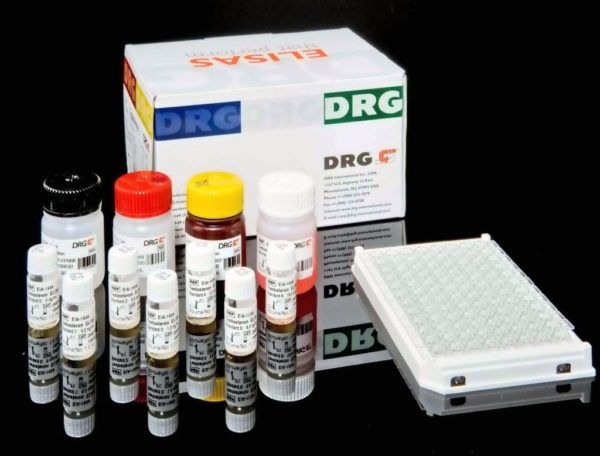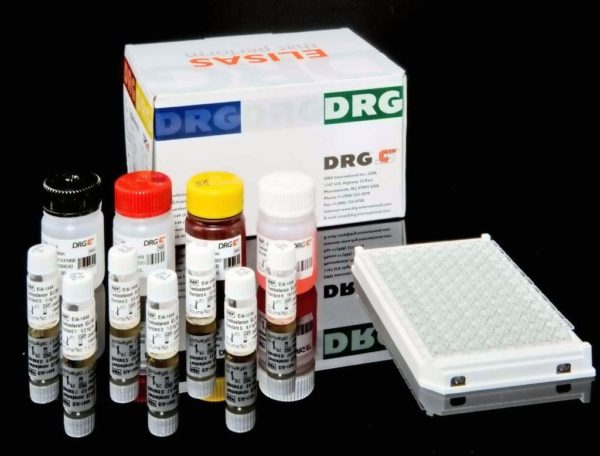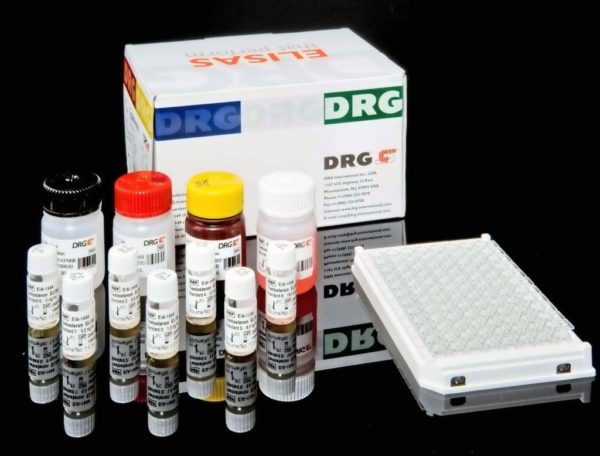Description
The Fecal Occult Blood test is a qualitative test that detects human hemoglobin in human fecal specimens. The test is a visual one step, in-vitro assay. It is intended for professional use to help diagnose gastrointestinal bleeding
Colorectal cancer is the third most common cancer in the world. “Fecal occult blood” is generally defined as a blood loss of less than 50 ng/mL. The appearance of occult blood in human fecal specimen is often associated with gastrointestinal diseases which might cause colorectal cancer if not treated promptly and properly. The traditional guaiac-based method lacks sensitivity and specificity, and has diet restrictions prior to the testing. The Fecal Occult Blood Test uses the technology of immunochromatographic sandwich assay. The test is more sensitive and more specific than the traditional guaiac assay. It is easier to interpret the result. In addition, unlike the guaiac assays, the accuracy of the test is not affected by the diet of the patients.
The Fecal Occult Blood Test is composed of two units, a fecal collection tube and a test device. A fecal specimen is collected in the collection tube containing sample extraction buffer, and then added to the test device. When sample is added to sample pad, it moves through the conjugate pad and mobilizes the gold anti-h hemoglobin antibody conjugate that is coated on the conjugate pad. The mixture moves along the membrane by capillary action and reacts with anti-h hemoglobin antibody that is coated on the test region. If h hemoglobin is present at levels of 50 ng/mL or greater, the result is the formation of a colored band in the test region. If there is no h hemoglobin in the sample, the area will remain colorless. The sample continues to move to the control area where goat anti-mouse IgG antibody will capture gold-antibody conjugate to form a pink to purple color, indicating the test is working and the result is valid.




